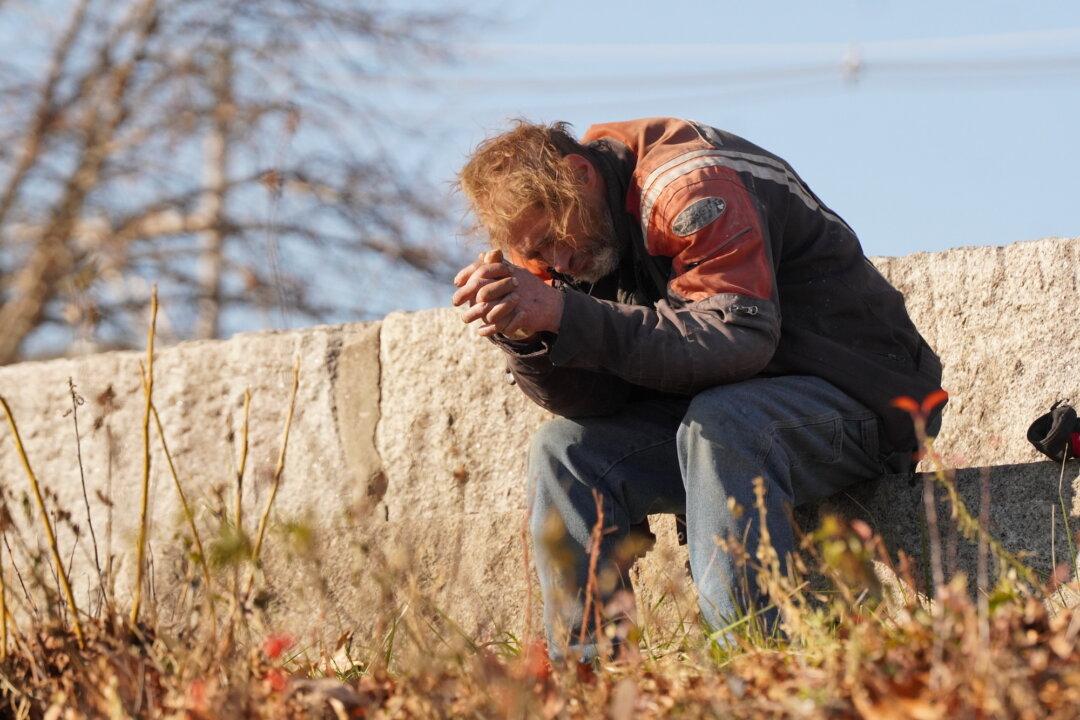An Oregon city is urging the Supreme Court to reverse a lower court ruling that prevents it from prosecuting homeless people for sleeping outside.
Oral arguments in the case, City of Grants Pass v. Johnson, will be heard on April 22. Grants Pass, with a population of 39,000, is located in southwest Oregon on the California border. Activist Gloria Johnson is the lead respondent.





